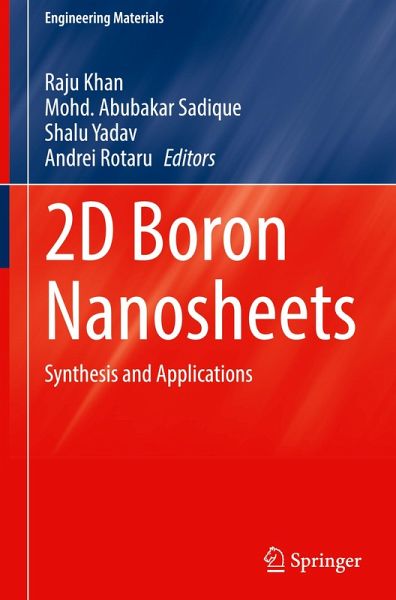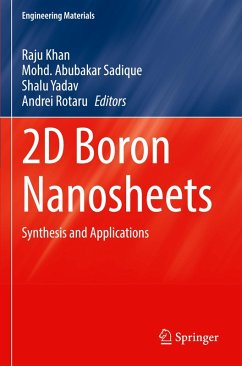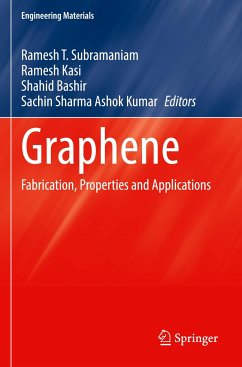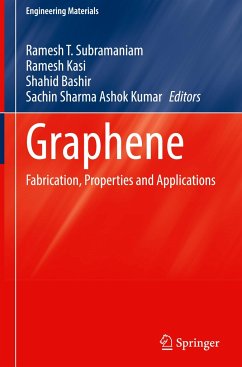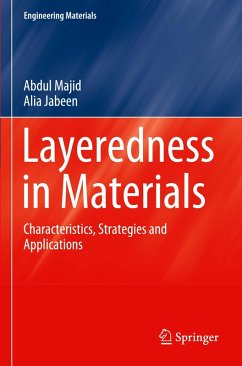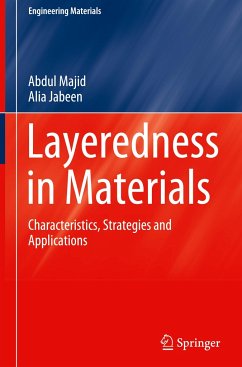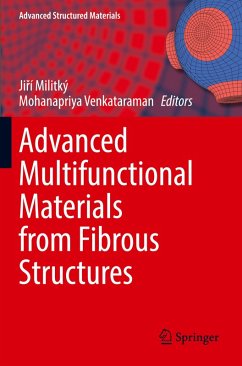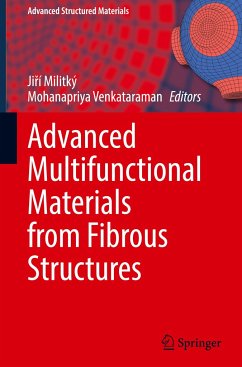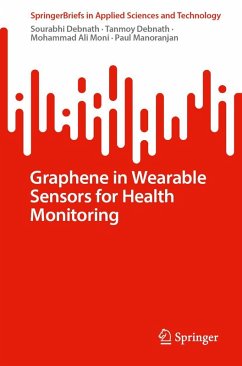Dr. Raju Khan is currently working as a senior principal scientist & professor at the CSIR-Advanced Materials and Processes Research Institute, Bhopal, Madhya Pradesh, India. He has a background in Chemistry and did his M.Sc. in Chemistry and Ph.D. in Chemistry from Jamia Millia Islamia, Central University, New Delhi, India. He has worked as a postdoctoral researcher at the University of the Western Cape, Cape Town, South Africa, and the CSIR-National Physical Laboratory, New Delhi, India, as a young scientist and as a visiting scientist at the University of Texas at San Antonio, USA. He has been awarded a Fellow of the Royal Society of Chemistry (FRSC) and also awarded a reputed BOYSCAST Fellowship, Govt. of India. He is the recipient of many prestigious achievements, like being a Scientific Advisor for FSSAI, Govt. of India, a Life member of the Materials Research Society of India, and a Member of the International Advisory Committee, DST, Govt. of India. His work has also been highlighted in Nature India twice, in 2008 for tracking food toxicity and recently in 2021 for the fabrication of electrochemical biosensors from carbon waste materials. He has published more than 180 articles with a high citation score of more than 5600 in several renowned journals, including 40 book chapters in esteemed publishers, editing 25 books with various reputed publishers, and obtaining patents. He has several ongoing projects completed, including international scientific collaborations with the USA, Czech Republic, and Russia. Mr. Mohd. Abubakar Sadique is a research scholar at CSIR-AMPRI, Bhopal, India. His significant contributions to the SERB project "Development of Rapid Electrochemical-Based Diagnostics for the Detection of SARS-CoV-2 Infection" showcase his expertise in the urgent development of diagnostic tools during a global pandemic. Previously, he served as a Senior Project Fellow at CSIR-CEERI, Pilani, Rajasthan, India, where he worked on the mission-mode project "Design and Fabrication of Microfluidic-Based Bio-Sensors for Biochemical Detection," displaying his skills in the cutting-edge field of microfluidics. His research on nanotechnology in healthcare applications showcases his commitment to the scientific community. His extensive portfolio includes publications, research articles, and patents, transforming scientific research into practical applications and improving global health outcomes. Ms. Shalu Yadav is currently pursuing her Doctorate from AcSIR-AMPRI, Bhopal, under the guidance of Dr. Raju Khan. She has completed her post-graduation in M.Sc. (Chemistry) from Agra University, Agra, in the year 2017. She qualified CSIR-JRF and joined as a Ph.D. Chemical Sciences candidate in CSIR-AMPRI, Bhopal. Her research is primarily focused on the synthesis of two-dimensional (2D) nanomaterials and their application in the fabrication of biosensors. She has a keen interest in exploring how these advanced materials can be used to detect and monitor infectious diseases, a field that holds immense potential for public health advancements. She has authored several research articles in reputed journals, showcasing her findings and innovations. Additionally, she has edited one book and contributed to several book chapters, further highlighting her expertise and commitment to disseminating knowledge in her field. Andrei Rotaru received the BSc in Chemistry & Physics (2006) from the University of Bucharest (Romania) and subsequently obtained the Doctorate of Engineering in Mechanical Engineering (2011) from the University POLITEHNICA of Bucharest (Romania), the PhD in Chemistry (2013) from University of St Andrews (United Kingdom) and the Doctorate of Science in Physics (2016) from the University of Craiova (Romania). Between April 2014 and October 2015, he was a Postdoctoral Researcher at the University of Craiova with a fellowship as a visiting researcher at the University of Cambridge (United Kingdom). In 2006, he joined INFLPR, the National Institute for Laser, Plasma and Radiation Physics (Romania) as an Assistant Researcher and was promoted to Senior Researcher II in 2014. Further, in 2017, he became an Associate Professor of Chemistry at the University of Craiova, and since 2019, he has also been a Senior Researcher II at the Institute of Physical Chemistry "IIlie Murgulescu" of the Romanian Academy. In 2021, he defended the degree at the University of Craiova. Currently, he is the President of ESTAC (European Society for Thermal Analysis and Calorimetry), President of CEEC-TAC (Central and Eastern European Committee for Thermal Analysis and Calorimetry), and Chairman of the Scientific Commission of ICTAC (International Confederation of Thermal Analysis and Calorimetry). He is the Editor-in-Chief of Hybrid Advances & Coordinating Editor of Applied Surface Science Advances, serving also as a Member of the Editorial Boards of the journals: Surfaces and Interfaces, Journal of Thermal Analysis and Calorimetry, & Molecules. His research interests include solid-state chemistry, Condensed matter physics, Thermophysical properties of materials, Dynamics of nonlinear systems, Surface Science, and Processing thin films of soft materials by laser-assisted techniques.
